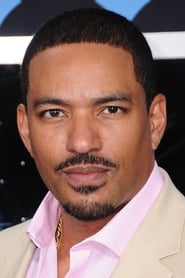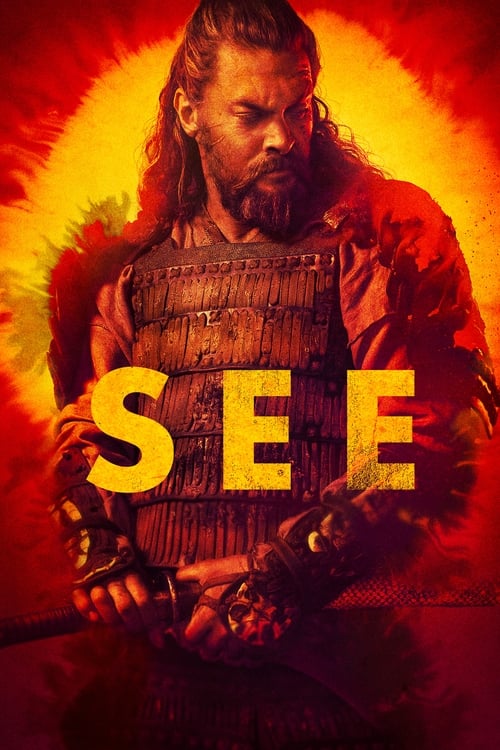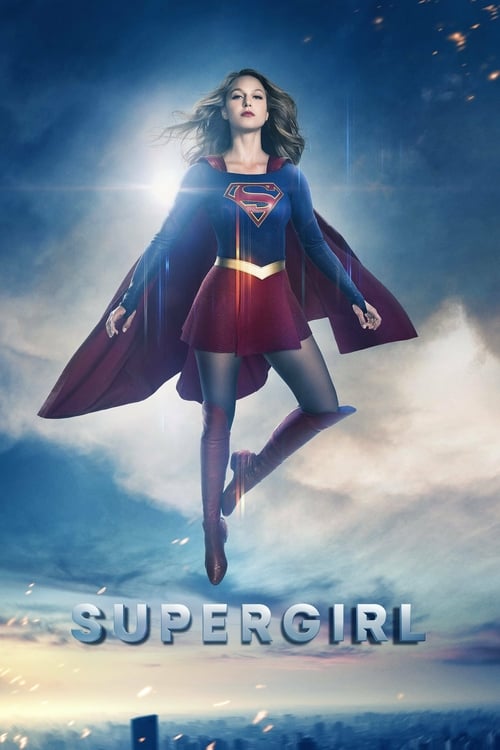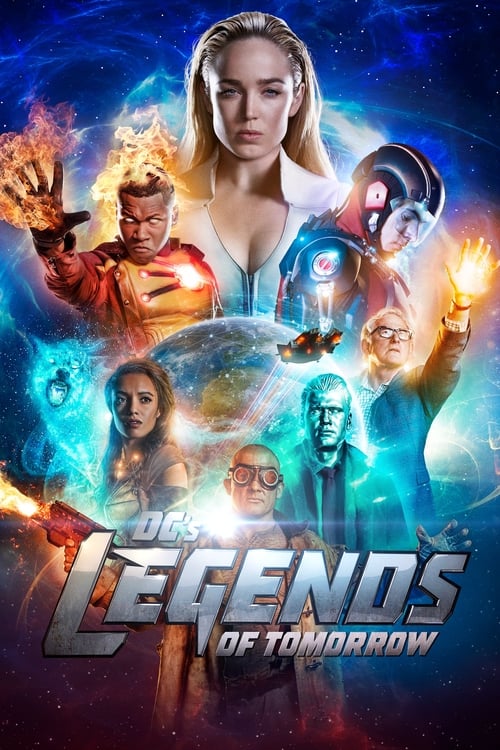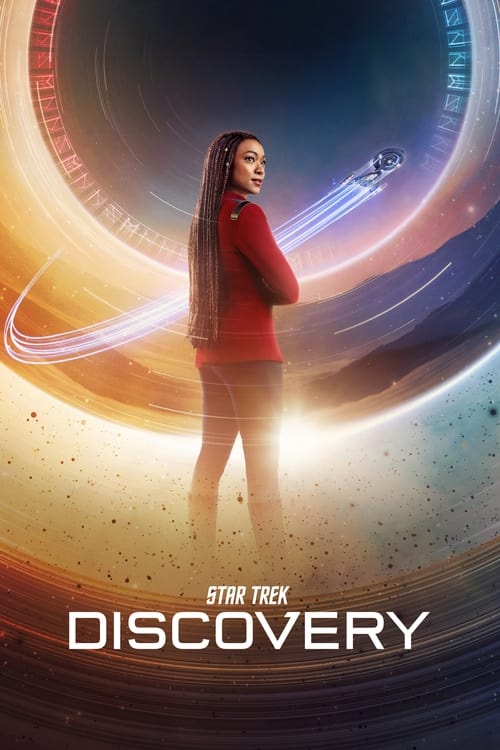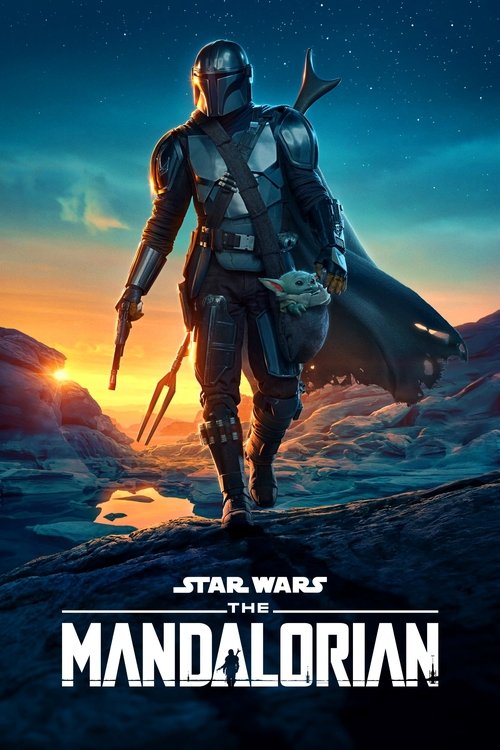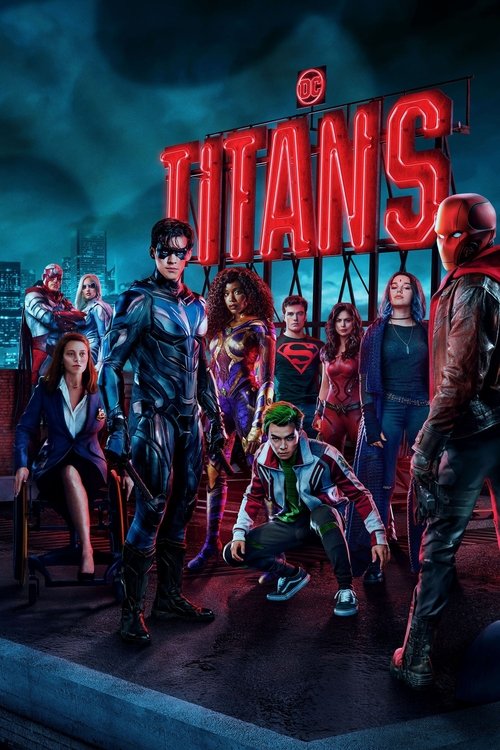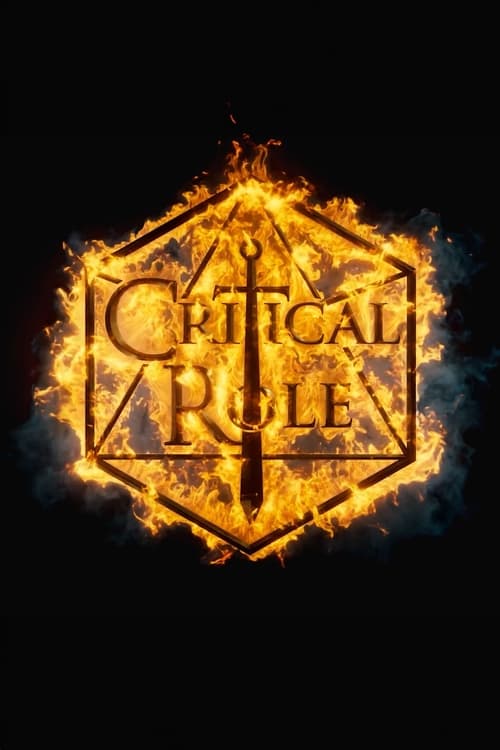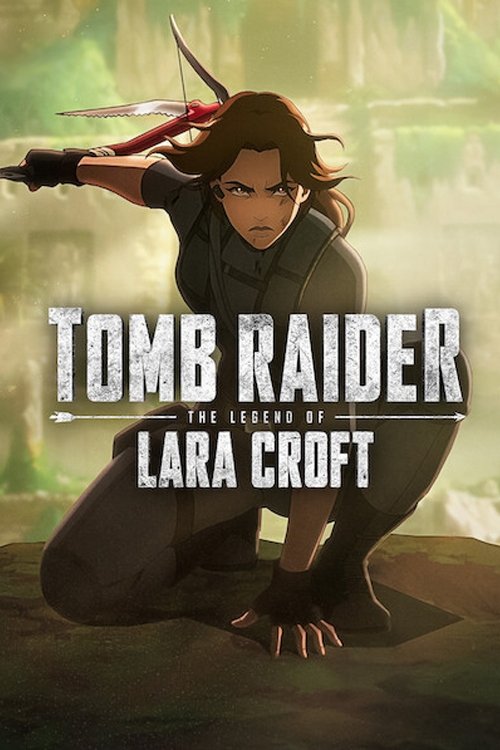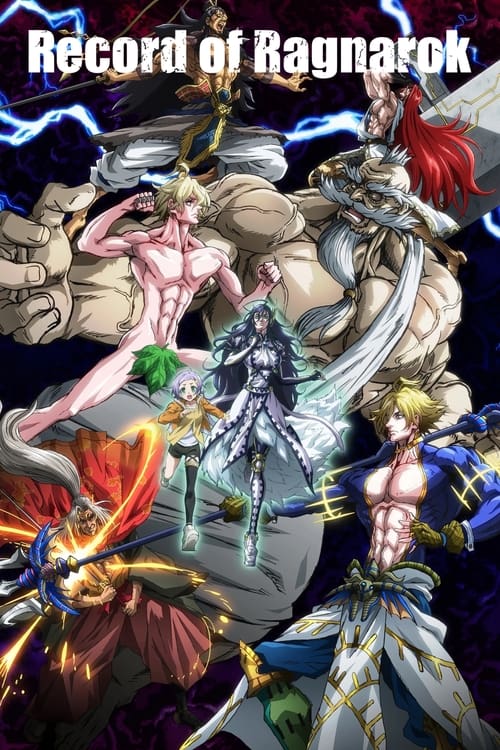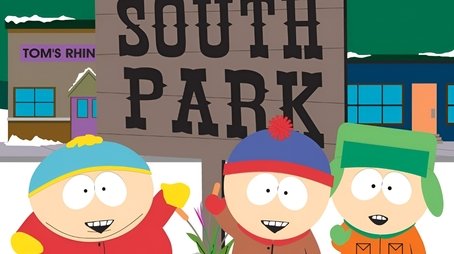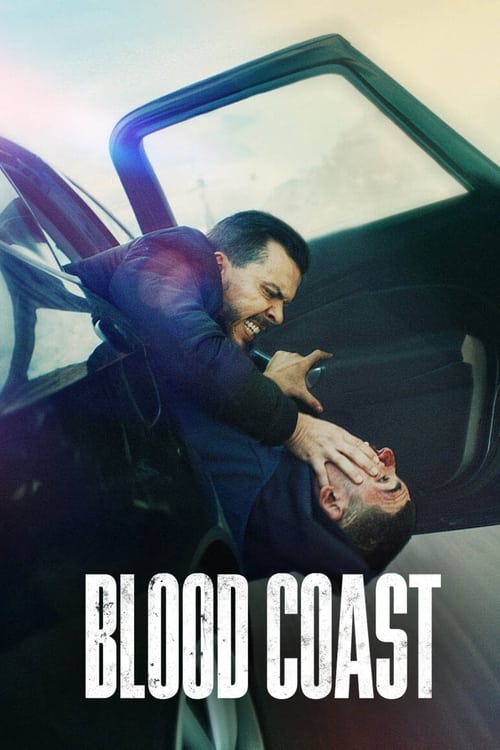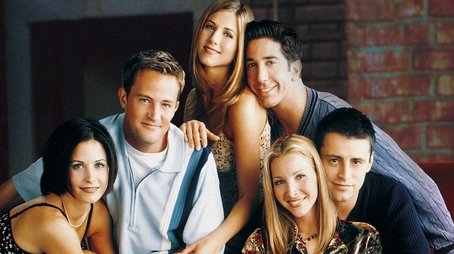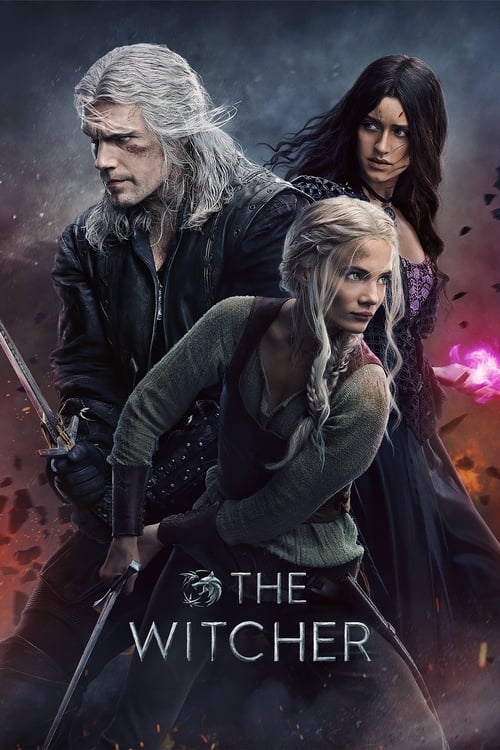
Ask Your Own Question
What is the plot?
The episode opens with a flashback to a young Soldier Boy, who is being trained by the CIA. He is shown in a series of brutal training exercises, demonstrating his superhuman abilities and the violent nature that will define him. The scene sets the tone for Soldier Boy's character, highlighting his ruthless efficiency and the trauma he endured during his upbringing.
In the present day, Butcher and the Boys are still reeling from the revelation about Soldier Boy. They are determined to find him, believing he could be the key to taking down Homelander. Butcher is particularly fixated on this plan, driven by his desire for revenge against the Supes. The group discusses their next steps, and Butcher reveals that he has a lead on Soldier Boy's whereabouts.
Meanwhile, Homelander is dealing with the fallout from the previous episode's events. He is increasingly paranoid and feels threatened by the potential return of Soldier Boy. In a tense meeting with the other members of The Seven, he expresses his concerns and begins to plot how to eliminate any threats to his power, including Soldier Boy.
The Boys track down Soldier Boy to a hidden location, where they find him in a state of disarray. He is disoriented and confused, having been in a state of suspended animation for years. The confrontation is tense, with Butcher trying to convince Soldier Boy to join their cause against Homelander. Soldier Boy, however, is skeptical and initially resistant, reflecting on his own past and the betrayal he feels from the government that created him.
As the conversation unfolds, Soldier Boy reveals his own motivations and grievances against the world that abandoned him. He expresses a desire for revenge against those who wronged him, which aligns with Butcher's own goals. This moment of connection leads to a fragile alliance, but it is clear that Soldier Boy's unpredictability poses a significant risk.
Meanwhile, Maeve is struggling with her own demons. She confronts her feelings about her past and her relationship with Homelander. In a moment of vulnerability, she reaches out to a friend, seeking support and grappling with her identity as a Supe. This internal conflict adds depth to her character and sets the stage for her eventual decisions.
Back with the Boys, they devise a plan to use Soldier Boy as a weapon against Homelander. They believe that if they can harness his power, they can finally take down the tyrannical leader of The Seven. Butcher's determination is palpable, and he pushes the group to act quickly before Homelander can strike first.
As the episode progresses, tensions rise within the group. Hughie expresses his concerns about the morality of their plan, questioning whether they are becoming just as bad as the Supes they are fighting against. Butcher dismisses his worries, insisting that they need to be ruthless to win. This conflict highlights the differing philosophies within the group and sets the stage for future confrontations.
The climax of the episode occurs when the Boys confront Homelander in a dramatic showdown. The atmosphere is charged with tension as both sides prepare for battle. Soldier Boy, now fully on board with the Boys' plan, unleashes his powers, creating chaos and destruction. The fight is intense, with each character showcasing their abilities and motivations.
During the confrontation, Homelander's arrogance leads him to underestimate Soldier Boy. However, as the battle escalates, it becomes clear that Homelander is not easily defeated. The fight reaches a fever pitch, with explosive action sequences and emotional stakes as the characters grapple with their pasts and their desires for power and revenge.
In the aftermath of the battle, the consequences of their actions begin to unfold. The Boys are left to deal with the fallout from their choices, and the fragile alliance with Soldier Boy raises questions about trust and loyalty. The episode ends on a cliffhanger, leaving viewers eager to see how the characters will navigate the complex web of alliances and enmities that have been established.
What is the ending?
In the ending of "The Last Time to Look on This World of Lies," the episode culminates in a tense confrontation between the Boys and Homelander. The group faces the fallout from their actions, particularly with Butcher's increasingly reckless behavior. The episode concludes with a shocking revelation about the depths of Homelander's depravity and the lengths to which the Boys must go to combat him, leaving the future uncertain for all involved.
As the episode unfolds, we begin with a scene that captures the aftermath of the Boys' previous encounters with Homelander. The tension is palpable as they regroup, each member grappling with their own emotional scars. Butcher, driven by a mix of vengeance and desperation, pushes the team to take more drastic measures against the Supes. His internal conflict is evident; he is torn between his desire for revenge and the moral implications of his actions.
The narrative shifts to a pivotal moment where the Boys confront a new threat posed by Homelander's growing influence. The stakes are raised as they realize that their previous strategies may not be enough to combat his overwhelming power. The atmosphere is thick with anxiety as they strategize, each member contributing their thoughts, revealing their fears and motivations. Hughie, in particular, struggles with the moral dilemmas of their mission, questioning whether they are becoming as corrupt as the very Supes they seek to destroy.
As the confrontation with Homelander approaches, the tension escalates. The Boys prepare for a showdown, and the emotional weight of their past decisions hangs heavily over them. The scene is charged with a sense of impending doom, as they know that facing Homelander could lead to devastating consequences. Butcher's determination is unwavering, but it is clear that his obsession with defeating Homelander is blinding him to the potential fallout for his team.
In a climactic encounter, the Boys finally come face to face with Homelander. The scene is intense, filled with sharp dialogue and confrontational posturing. Homelander, exuding his usual arrogance, taunts the Boys, revealing his complete lack of empathy and his willingness to go to any lengths to maintain his power. The emotional stakes are high as the Boys realize that they are not just fighting for their lives but for the very soul of humanity against a being who sees himself as above it all.
As the confrontation unfolds, the episode takes a dark turn. The Boys' plan begins to unravel, and they find themselves outmatched by Homelander's sheer strength and ruthlessness. The emotional toll of the battle is evident on each character's face, showcasing their fear, anger, and desperation. Butcher's reckless pursuit of vengeance leads to a moment of reckoning, where he must confront the consequences of his actions.
In the final moments, the episode leaves viewers with a haunting sense of uncertainty. The Boys are left to grapple with the aftermath of their confrontation with Homelander, and the emotional scars run deep. Each character is left in a precarious position, with their fates hanging in the balance. Butcher, driven by his obsession, faces the possibility of losing everything he holds dear. Hughie, caught between loyalty and morality, must confront the reality of their choices. The episode closes on a note of ambiguity, emphasizing the ongoing struggle between good and evil, and the personal costs of their fight against the Supes.
In summary, the ending of "The Last Time to Look on This World of Lies" encapsulates the emotional turmoil and moral complexities faced by the Boys as they confront their greatest enemy, leaving their futures uncertain and the battle against Homelander far from over.
Is there a post-credit scene?
In "The Last Time to Look on This World of Lies," there is indeed a post-credit scene that adds a significant layer to the narrative. The scene opens with a close-up of a mysterious figure, revealing a man in a suit who is sitting in a dimly lit room. The atmosphere is tense, and the air is thick with anticipation.
As the camera pulls back, it becomes clear that this man is none other than Victoria Neuman, who has been a pivotal character throughout the series. She is seen discussing something important with the man, who is revealed to be a high-ranking official. Their conversation hints at a deeper conspiracy involving the government and the Supes, suggesting that Neuman has been playing a much larger game than previously understood.
The scene is charged with a sense of foreboding, as Neuman's motivations and ambitions are further explored. Her expression is cold and calculating, revealing her as a master manipulator who is willing to do whatever it takes to achieve her goals. The dialogue is cryptic but suggests that the stakes are higher than ever, setting the stage for future conflicts.
This post-credit moment leaves viewers with a lingering sense of unease and curiosity, as it teases the complex web of alliances and betrayals that are central to the overarching plot of "The Boys." It serves as a reminder that in this world, appearances can be deceiving, and the true nature of power is often hidden beneath layers of lies.
What happens to Butcher in this episode?
In this episode, Butcher grapples with the consequences of his actions and the moral implications of using Compound V. He is increasingly conflicted about the lengths he is willing to go to in order to take down Homelander and the Supes.
How does Homelander react to the events of this episode?
Homelander's reaction is one of anger and frustration as he feels his control slipping. He becomes more volatile, showcasing his need for power and dominance, especially in light of the revelations about his son, Ryan.
What is the significance of the flashbacks in this episode?
The flashbacks serve to deepen the audience's understanding of the characters' motivations, particularly focusing on Butcher's past and his relationship with his brother, which adds layers to his current struggles and decisions.
How does Starlight's role evolve in this episode?
Starlight takes a more assertive stance in this episode, confronting the realities of her situation with the Seven and her growing disillusionment with the superhero system, which leads her to make pivotal decisions regarding her alliances.
What is the impact of the new character introduced in this episode?
The introduction of a new character adds tension and complexity to the existing dynamics within the group. This character challenges the Boys' strategies and forces them to reconsider their approach to fighting the Supes.
Is this family friendly?
"The Boys" is known for its mature themes and graphic content, and Season 3, Episode 5, "The Last Time to Look on This World of Lies," is no exception. Here are some potentially objectionable or upsetting aspects that may not be suitable for children or sensitive viewers:
-
Graphic Violence: The episode contains intense scenes of violence, including bloodshed and physical confrontations that may be disturbing.
-
Strong Language: Frequent use of profanity and harsh language throughout the episode.
-
Sexual Content: There are explicit sexual situations and references that may be inappropriate for younger audiences.
-
Dark Themes: The episode explores heavy themes such as betrayal, manipulation, and the moral complexities of power, which may be unsettling.
-
Emotional Distress: Characters experience significant emotional turmoil, including grief and trauma, which could be distressing for some viewers.
-
Substance Abuse: There are depictions of drug use and addiction that may be concerning.
These elements contribute to the show's overall tone and are important to consider for viewers who may be sensitive to such content.







